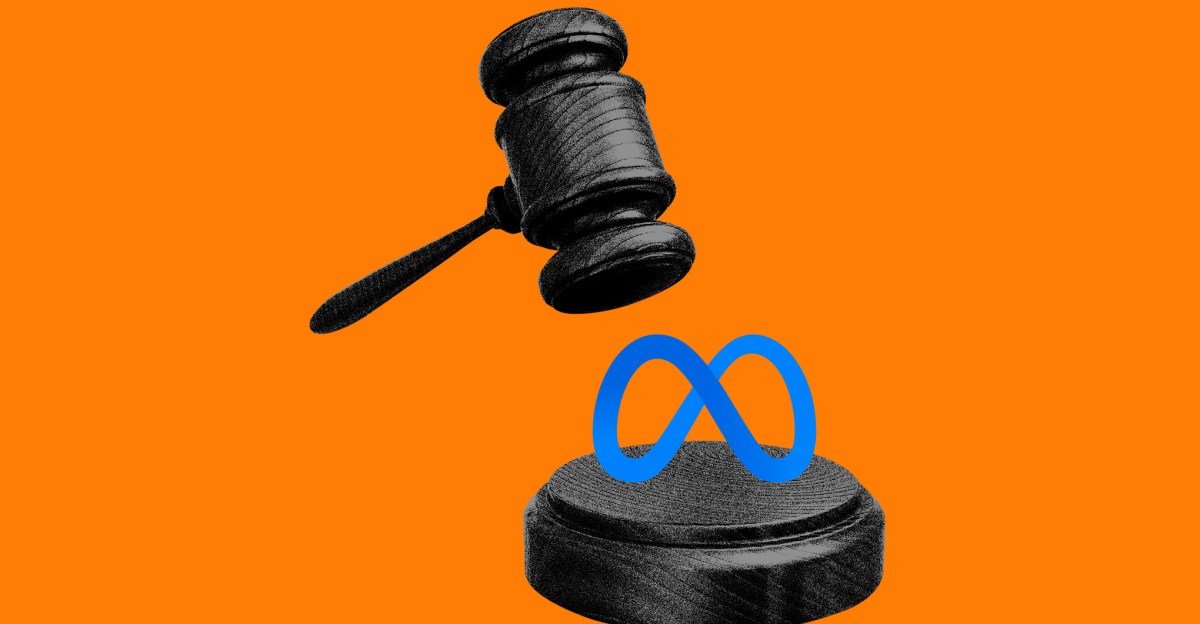Meta won a landmark antitrust battle with the Federal Trade Commission on Tuesday, when a federal judge ruled that it did not monopolize the social media market at the center of the case.
U.S. District Court Judge James Boasberg wrote that Meta did not unfairly corner the market on “personal social networking,” a category that includes a narrow subset of social media apps including Facebook, Instagram and Snapchat. The decision, which can be appealed by the FTC, means Meta will not immediately face demands to undo its acquisitions of Instagram and WhatsApp.
Boasberg noted that he had warned the FTC that it faced an “uphill battle” in defining the market at issue and proving that Meta held an illegal monopoly in it. Ultimately, they ruled, it failed to prove that Meta did not face substantial competition from other types of social media platforms, especially after TikTok grew rapidly – which Meta cited as a major factor in its defense. “The landscape that existed only five years ago when the Federal Trade Commission brought this antitrust lawsuit has markedly changed,” Boasberg wrote. “While it might once have made sense to separate apps into separate social networking and social media markets, that wall has since been torn down.”
The FTC argued that Meta maintained illegal monopoly power in a narrow sector of the social media market by gobbling up nascent competitors Instagram and WhatsApp, which it feared could threaten its dominance. But throughout the trial, the FTC was dogged by questions about whether it could claim that Meta still had an illegal monopoly in the face of a greatly changed social media landscape. Boasberg said the government must prove a present or imminent illegal monopoly, not just past dominance.
“As apps rise and fall, chasing one fad and surpassing others, and adding new features with each passing year, the FTC has struggled to determine the boundaries of Meta’s product market,” Boasberg wrote. “Nevertheless, it continues to emphasize that Meta competes with legacy rivals that have been around for the past decade, that the company holds a monopoly among that small group, and that it has maintained that monopoly through anti-competitive acquisitions. Regardless of whether Meta enjoyed monopoly power in the past, however, the agency must show that it still has such power. Today’s Court decision determines that the FTC has not.”
This story is developing.
